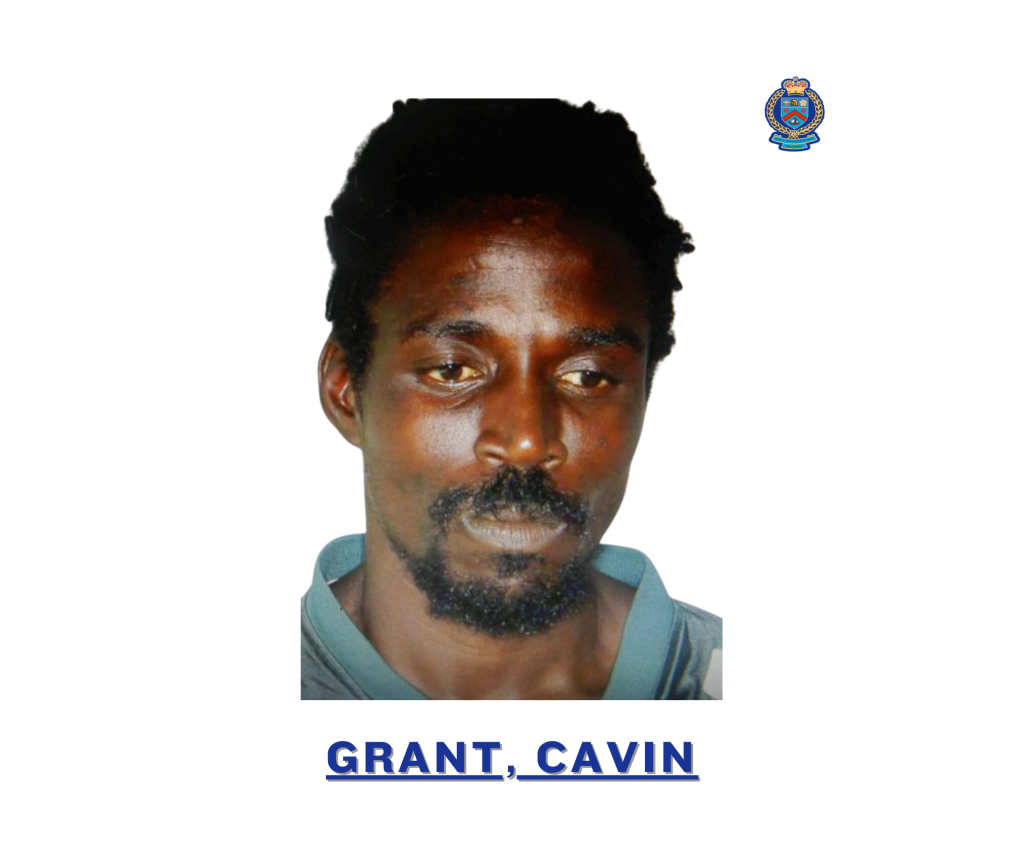Cavin Grant Receives Larceny Sentence
On February 20, 2025, news broke of the sentencing of Cavin “Big Cheese” Grant, a resident of Fort Thomas Road in Basseterre, St. Kitts. He was handed a seven-month prison sentence for the crime of larceny. The sentence was delivered two days prior, on February 18, 2025, by Her Honour Sherry-Ann Liburd-Charles presiding over the District “A” Magistrate Court in Basseterre. While the specific details of the larceny itself remain undisclosed in the provided information, the conviction and subsequent sentencing signify a legal process that culminated in Mr. Grant’s imprisonment. This brief announcement raises several questions about the circumstances surrounding the crime, the evidence presented, and the factors considered by the magistrate in determining the length of the sentence. Further investigation would be required to understand the full context of this case.
Larceny, broadly defined, is the unlawful taking and carrying away of someone else’s personal property with the intent to permanently deprive the owner of its possession. This encompasses various forms of theft, including shoplifting, pickpocketing, embezzlement, and certain types of fraud. The severity of larceny charges, and the resulting penalties, can vary significantly depending on the value of the stolen property, the method used to obtain it, and the jurisdiction where the crime occurred. In some jurisdictions, larceny is categorized into degrees based on these factors, with higher-value thefts attracting more severe penalties. Given Mr. Grant’s seven-month sentence, the larceny he committed likely fell within a specific category defined by the legal framework of St. Kitts and Nevis. Understanding the specifics of the charges against him would provide a clearer picture of the nature and gravity of his offense.
The judicial process in such cases typically involves several stages. Following an arrest, the accused is formally charged and brought before the court. They are then given the opportunity to enter a plea of guilty or not guilty. If a not guilty plea is entered, the case proceeds to trial, where the prosecution presents evidence to prove the defendant’s guilt beyond a reasonable doubt. The defense can challenge the evidence and present its own case. If the defendant is found guilty, either by a jury or by the judge in a bench trial, the sentencing phase begins. During sentencing, the court considers various factors, including the severity of the crime, the defendant’s criminal history, and any mitigating or aggravating circumstances, to determine an appropriate punishment. In Mr. Grant’s case, the seven-month sentence imposed by Her Honour Sherry-Ann Liburd-Charles suggests that the court weighed these factors and arrived at a sentence deemed fitting for the specific circumstances of his larceny offense.
While the publicly available information regarding this case is limited, it hints at a broader legal context within St. Kitts and Nevis. The functioning of the District “A” Magistrate Court, the application of the law, and the execution of the sentence all reflect the legal and judicial systems in place. Further research into the legal framework, criminal justice procedures, and sentencing guidelines of St. Kitts and Nevis would provide a more comprehensive understanding of the processes involved in Mr. Grant’s case. This could include examining the relevant statutes, case law, and reports on the administration of justice within the country. Such information would shed light on the legal principles guiding the prosecution and sentencing of larceny cases.
The brief report on Mr. Grant’s sentencing underscores the significance of access to justice and transparency within legal proceedings. Public awareness of criminal convictions and sentences serves multiple purposes. It informs the community about the consequences of criminal activity, reinforces the rule of law, and provides a degree of accountability for both the accused and the justice system. Furthermore, open access to court proceedings and records allows for scrutiny of the judicial process and helps ensure fairness and impartiality. While this specific report only provides limited information, it demonstrates the importance of public access to information regarding legal proceedings.
In conclusion, the sentencing of Cavin “Big Cheese” Grant provides a glimpse into the legal system of St. Kitts and Nevis. Though the limited details necessitate further investigation for a comprehensive understanding of the case, it underscores the gravity of larceny, the process of legal proceedings, and the role of the judiciary in upholding the law. Mr. Grant’s seven-month prison sentence signifies a legal process that took into account the specific details of his crime and the relevant legal framework. The public reporting of this case, albeit brief, contributes to transparency and public awareness of legal proceedings, reinforcing the importance of access to justice within the community.
Share this content:












Post Comment